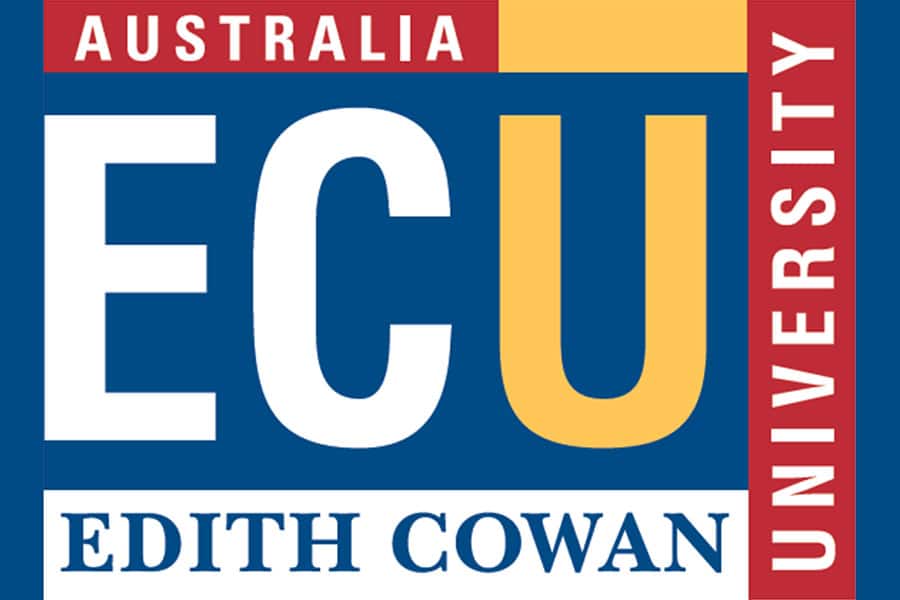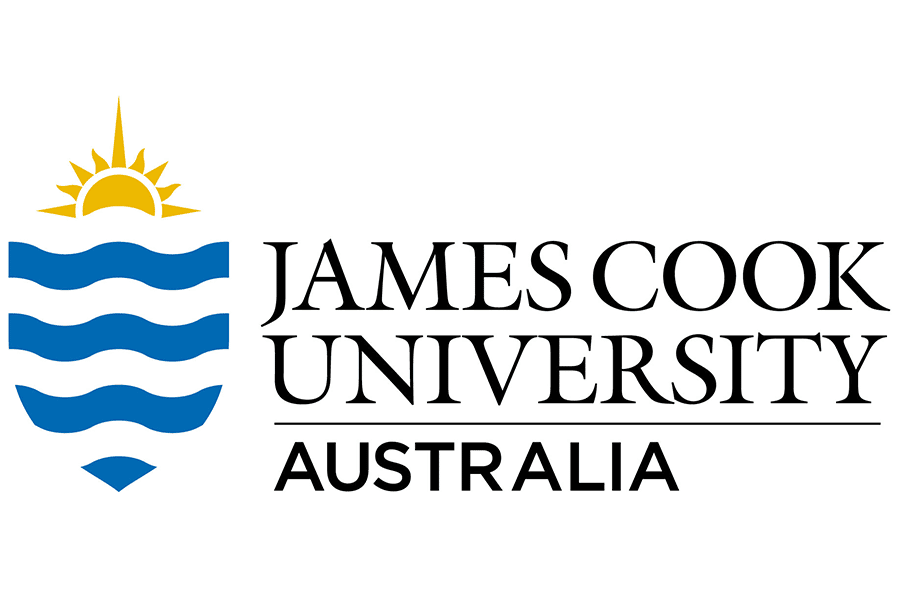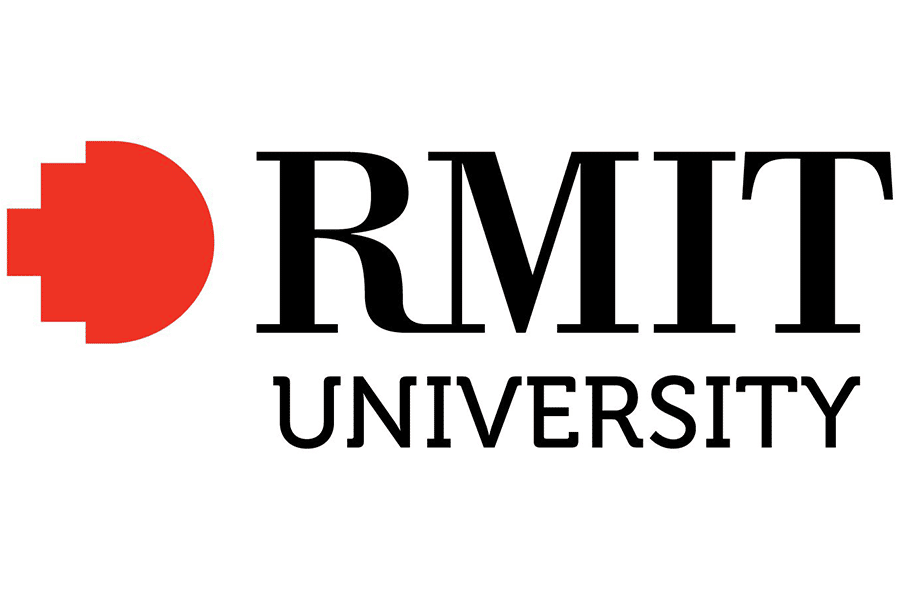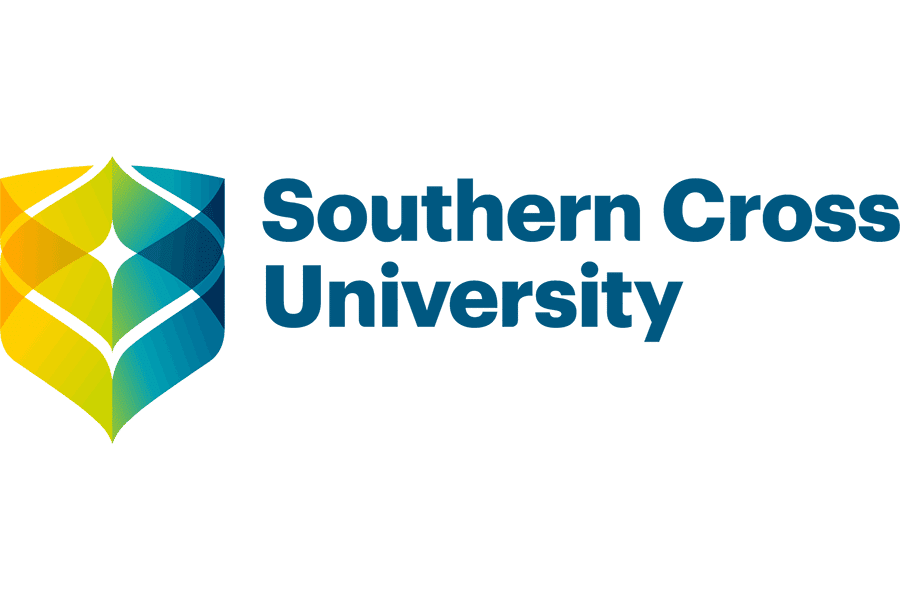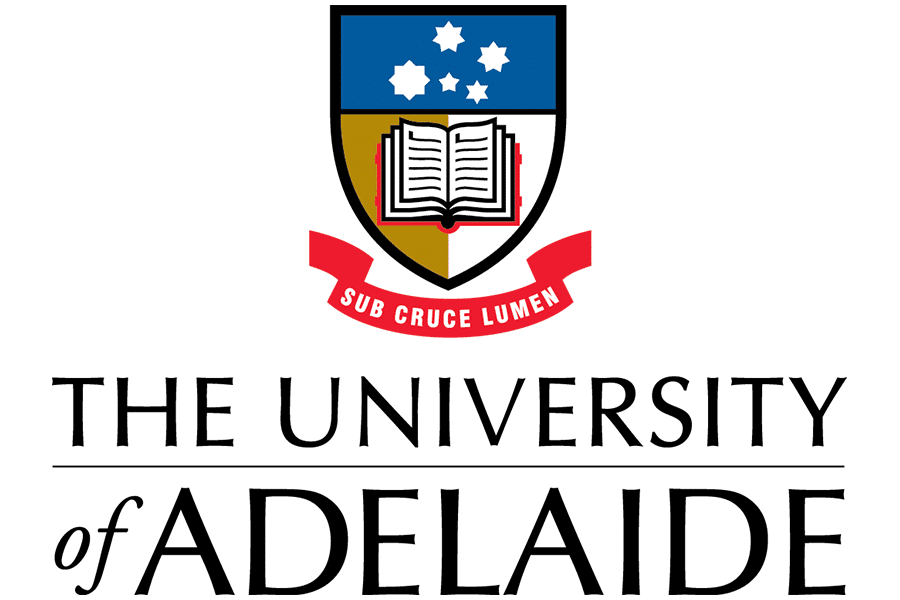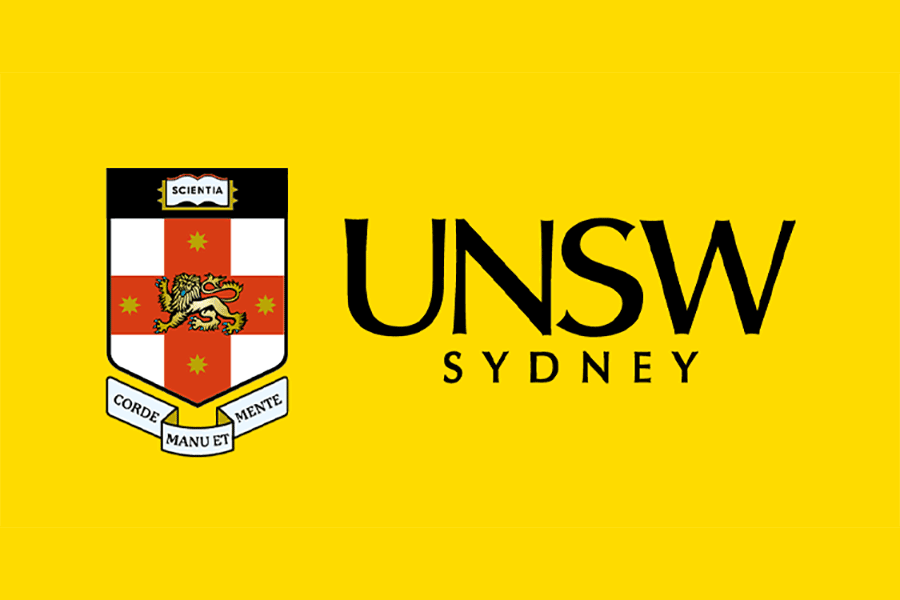
Online Study Australia
Learn by studying online with Lerna Courses.
Graduate with a world-class university degree
Study online with a leading Australian university. Online study leads to the same qualification as from attending a campus, whether it's a bachelor degree, graduate certificate, graduate diploma or masters.
Find your course
Benefits of Online Courses for Students
Modern online learning
These universities develop courses just for online learning. You can expect a smooth study experience based on smart use of technology.
Value for money
Online delivery of courses keeps costs to a minimum. Universities are able to offer value-for-money degrees, diplomas and certificates.
Graduate quickly
The secret to graduating quickly (or at all) is to enroll in a quality course to begin with. The courses are interactive and come with student support.
Latest News
Business
-
 12 Month MBA Online: One Year Fast Track!
2024-10-19
12 Month MBA Online: One Year Fast Track!
2024-10-19
-
 Human Resources (HR) Manager Qualifications Australia
2024-10-05
Human Resources (HR) Manager Qualifications Australia
2024-10-05
-
 Why are Online MBAs Respected by Employers?
2024-10-03
Why are Online MBAs Respected by Employers?
2024-10-03
Education
-
 12 Graduate Certificate in Education Courses
2024-05-25
12 Graduate Certificate in Education Courses
2024-05-25
-
 Education and Teaching Degrees Online
2024-04-15
Education and Teaching Degrees Online
2024-04-15
-
 10 Best Masters in Education Online in Australia
2024-04-12
10 Best Masters in Education Online in Australia
2024-04-12
Healthcare
-
 Best Graduate Diploma in Psychology Online
2024-09-16
Best Graduate Diploma in Psychology Online
2024-09-16
-
 Jobs with a Psychology Degree in Australia
2024-09-13
Jobs with a Psychology Degree in Australia
2024-09-13
-
 6 Best Public Health Courses Online in Australia
2024-08-17
6 Best Public Health Courses Online in Australia
2024-08-17
Social Sciences
-
 Master of Business Law (Online)
2024-06-08
Master of Business Law (Online)
2024-06-08
-
 Bachelor of Criminology and Criminal Justice
2024-06-05
Bachelor of Criminology and Criminal Justice
2024-06-05
-
 Bachelor of Arts Online Degrees in Australia
2024-06-01
Bachelor of Arts Online Degrees in Australia
2024-06-01
STEM Degrees
-
 What Does an Urban Designer Do?
2024-10-21
What Does an Urban Designer Do?
2024-10-21
-
 How to Become a Town Planner in Australia
2024-10-20
How to Become a Town Planner in Australia
2024-10-20
-
 Master of Analytics (Online) in Australia
2024-08-27
Master of Analytics (Online) in Australia
2024-08-27
Online Learning
-
 What is a Good ATAR Score?
2024-10-08
What is a Good ATAR Score?
2024-10-08
-
 Mallory Careers: Education and Job Guide
2024-09-20
Mallory Careers: Education and Job Guide
2024-09-20
-
 What is a Masters Degree?
2024-09-07
What is a Masters Degree?
2024-09-07
Online Universities in Australia
FAQs
Studying online at universities in Australia typically involves doing coursework and assessment via an online learning management system. Everything you need to finish the course is made available on your e-learning platform. You can anticipate a quality education, similar to the high general standard for Australian universities.
Expect to have classmates. Even though the classes are held online, students are still part of a cohort and interact with one another through various digital platforms such as discussion boards, video conferencing and online chat. As part of your online study experience, you'll have opportunities for collaborative learning, peer-to-peer feedback, and social interaction. Some programs also incorporate synchronous learning components where students can attend live online classes and engage with their classmates and instructors in real-time.
Many programs do have a weekly schedule for students to follow. The schedule typically includes assignment due dates and any required participation in discussions or other activities. Some classes may have live online sessions that are scheduled at specific times each week. Others may be self-paced, with course materials available at all times and allowing students to complete them at their own pace.
Online learners need to be self-motivated and manage their time effectively to keep up with the course work. You're given flexibility to learn on your own time and pace, but still must adhere to the deadlines and schedule given by the course.
Assessment is less likely to be exam-based compared with on-campus courses. For example, student achievement may be evaluated using individual or group projects, assignments, and quizzes. Exams are actually quite rare among postgraduate courses which have been designed just for external learners.
The graduation process is generally similar to that for on-campus study. You'll receive a traditional degree or qualification, without "online" mentioned anywhere. And you'll usually have the option to participate in the university's annual graduation ceremony.
Practical learning involves physical or one-on-one activities that are conducted in-person. In-person components are essential for professional degrees in fields such engineering, nursing, social work, and teaching.
Australian universities integrate hands-on learning into an online course in ways such as these:
- Residential schools. On-campus visits of 2 to 5 days. Students attend in-person classes and participate in hands-on activities, such as laboratory work, clinical simulations or field trips, to supplement regular coursework.
- Work placements. Students complete a certain number of hours of on-the-job training, internships or practical experience in a relevant field. For example, a future educator may be placed at a local school to gain teaching experience.
- Virtual experiences. Real-world experiences are simulated using tools such as virtual labs, remote access to equipment, and use of at-home equipment.
Generally speaking, there is little or no compromise with respect to education quality. When something important can't be done online, a way is found to make sure students gain the necessary knowledge and skills.
Online degrees are valid and are not considered any different to degrees earned by turning up to classes in person. The Australian Qualifications Framework (AQF) is the national policy for regulated qualifications in Australian and it applies to all qualifications, including those offered online.
Employers usually can't tell if you've earned your degree online. And, if they do know you were an online learner, they may be impressed by your motivation to study for a degree this way. To succeed with online learning, you generally need to well organised and disciplined.
We recommend researching online universities based on the particular kind of program you're interested in.
For example, some universities are not known for their online courses but may offer the best programs in certain categories. That happens when they invest heavily in particular programs, such as postgraduate business courses. Conversely, some universities may have an excellent reputation for delivering online programs while being quite weak in certain areas.
Lerna Courses researches courses by field of study (e.g. information technology) and study level (e.g. undergraduate or bachelor degrees). That allows us to identify the best universities for a given kind of study program.
Support services that may be available to online students include the followng.
- Student success advisor. A person available to provide guidance and support on course selection, degree requirements, and other academic matters.
- Online tutoring services (for some courses). Help with specific course material or assignments.
- Technical support. Access to technical support to help with any issues with the learning platform or other technology.
- Library services. Online library services, such as access to electronic resources and research assistance.
- Student support services. Access to counseling and mental health services, career services, and disability support services.
Australian universities try to foster a sense of connection. They offer virtual community events, student groups and discussion groups for students to connect with their peers. Overall, they aim to provide participants with the same level of support and resources as on-campus students. The goal is to help you succeed and be satisfied with your study experience.
